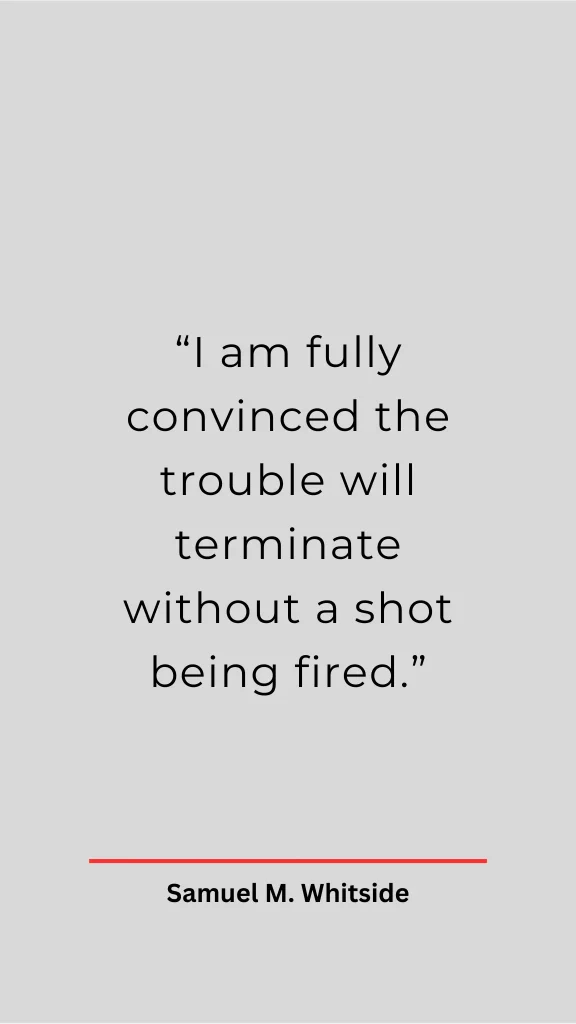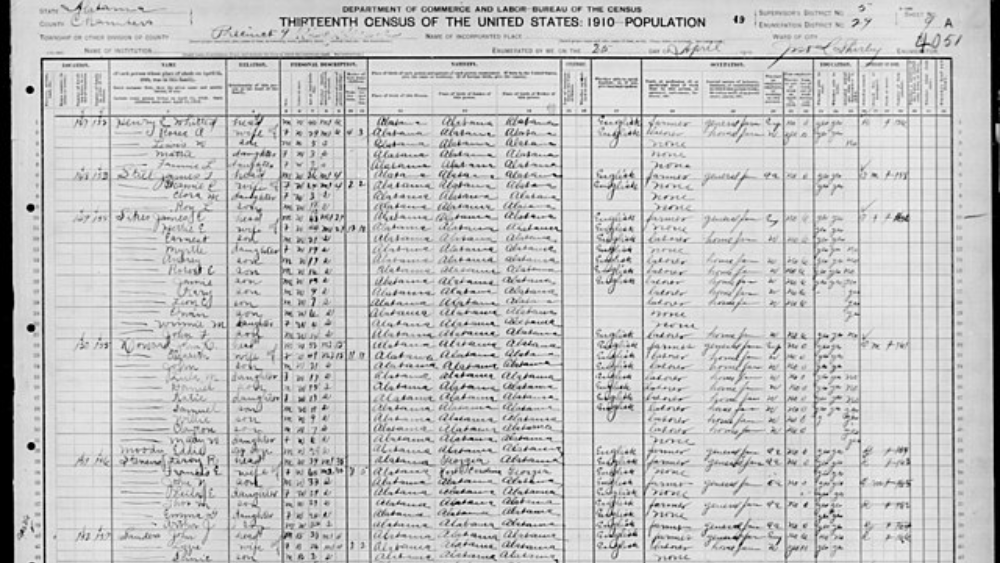When Samuel Marmaduke Whitside was born on a cold January day in 1839 in Toronto, no one could have guessed that his life would one day span some of the most defining moments of American history. He wasn’t born into the U.S. Army, nor did he come from a long line of soldiers. Yet by the time he died in 1904, he had given 43 years to the cavalry, witnessed the Civil War firsthand, helped carve out Army posts in the untamed West, and carried American command into Cuba during the Spanish–American War. His story is one of resilience, duty, and the human cost of a life spent in uniform.
A Young Man in a New Country
As a boy, Samuel grew up in Canada before moving to New York for school. But at just 19 years old, his life took a different turn: he enlisted in the U.S. Army. The year was 1858, and America was on the brink of profound change. Starting at Carlisle Barracks, Pennsylvania, he showed early promise, climbing from private to sergeant major in just a few years. That drive and discipline would carry him through battles, hardships, and personal loss in the decades to come.
Baptism by Fire in the Civil War
When the Civil War erupted, Samuel quickly found himself in the thick of it. He fought in Virginia during the grueling Peninsular Campaign, riding with the 6th Cavalry through battles at Williamsburg, Hanover Court House, and Malvern Hill. War was brutal, and Samuel learned early that survival depended not only on courage but also on endurance. Illness and injury struck him more than once—smallpox nearly claimed his life, and he was badly hurt at the Battle of Culpeper Court House. Yet even when sidelined from the front, he continued to serve, taking on recruitment and mustering duties to support the Union cause.
For his loyalty and determination, he was awarded brevet promotions, honors that recognized his devotion in a time when the future of the nation hung in the balance.

Life on the Frontier
After the war, Samuel’s path took him westward, where life as a cavalry officer meant long stretches in isolated posts. He commanded B Company of the 6th Cavalry and moved often, sometimes staying less than a year in one place. In March 1877, while leading his men in Arizona Territory, he grew frustrated with the conditions at Camp Wallen. He marched his troops nine miles into the Huachuca Mountains and set up camp near a spring. It was a practical decision, but it became one of his most lasting legacies. That camp grew into Fort Huachuca, an Army post that still stands today.
The frontier was unforgiving, but it was also where Samuel built a family life. He married Caroline McGavock of Nashville, Tennessee, and together they had seven children. The Army life was harsh on families, and tragically, four of their children died young. The Whitsides endured personal heartbreak even as Samuel shouldered the weight of military command.
Wounded Knee and the Price of Duty
By 1885, after nearly 20 years as a captain, Whitside was promoted to major and assigned to the 7th Cavalry. His service brought him to Dakota Territory at a time of escalating tensions with Native American communities. In December 1890, he was present during the Wounded Knee Massacre—an event remembered as one of the darkest chapters of U.S. history. For Whitside, it was another reminder that service often placed him at the crossroads of triumph and tragedy.
Cuba and the Final Chapter of His Career
When war with Spain broke out in 1898, Samuel—now a seasoned officer with decades of experience—took on a new role as lieutenant colonel of the 5th Cavalry. He later commanded the 10th Cavalry Regiment and a brigade that included both the 5th and 10th. His final assignment was in Cuba, where he oversaw the Department of Eastern Cuba during the U.S. occupation.
For a man who had begun his career as a private in Pennsylvania, standing as the commanding general of a department in Cuba was the pinnacle of his service. In 1902, after 43 years in uniform, he retired with the rank of brigadier general.
A Family Legacy of Service
Samuel’s sense of duty lived on through his children. His son Warren became a colonel in the Quartermaster Corps, while his daughter Madeline married Archie Miller, a cavalry officer who later received the Medal of Honor. His youngest son, Victor, followed in his father’s footsteps as an Army officer, only to die of pneumonia in Germany after World War I.
These family stories underscore the sacrifices the Whitsides made over generations. Their service, like Samuel’s, was not just about duty—it was about carrying forward a legacy of commitment to something larger than themselves.
Resting at Arlington
Brigadier General Samuel M. Whitside died in Washington, D.C., on December 15, 1904. He was 65 years old. Today, he rests at Arlington National Cemetery alongside his wife Caroline and their son Victor.
Though his name might not appear often in textbooks, Whitside’s life tells the story of a man who gave his best years to the Army. He weathered the storms of war, carved out a place in the American West, and helped lead the U.S. into its new role on the global stage. His greatest monument may be Fort Huachuca, but his true legacy lies in the enduring example of a soldier who quietly, steadfastly gave his life to service.











